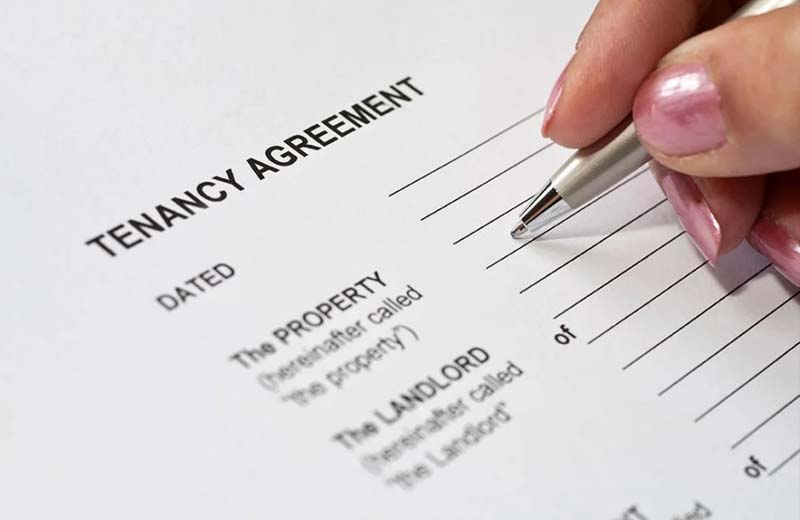Barge into the tenant unit, changing all the locks, cutting off the supply of utilities, removal of tenant’s property from premises –> All of these are illegal!!!
If you happen to be the poor landlord in this case whose tenant is not paying rent, here’s what you can do instead:
1) Be nice and negotiate on alternatives

Instead of starting with threatening remarks, you should calmly explain your side of the story to the tenant – like your mortgage responsibilities. This emotional plea may not work with all tenants but if it does, the tenant may agree to move out with no hostilities. The loss of a few months’ rent is better than housing a defaulting tenant who refuses to budge. You can then move on and seek out a new tenant. Since the purpose is to quickly move on, you can cut your losses and offer a small discount on the amount owed, just to get them to settle the bill.
Alternatively, if the tenant is a long-term one, you can offer a revised payment structure to accommodate their current financial difficulty/emergency. It could be a matter of shifting the payment due date to accommodate their temporary cash flow issues, or a bulk payment every 3 months.
2) Enforce the Tenancy Agreement

Assuming that your ‘being nice’ method above did not work, you can start the eviction process by relying on the Tenancy Agreement and highlighting the following to your tenant – the termination clause. Usually, this gives the tenant at least 30 days to comply. There are also Tenancy Agreements which have provision for you to terminate the agreement if the rental is not paid by a certain date.
3) Issue a letter of demand

If a dispute ever goes into court, you need to ensure that the notice given to the tenant could be proved (in court) that it was already delivered. You can do this by issuing a letter of demand which is basically a warning letter stating that the landlord has the right to pursue legal action if the tenant is still refusing to pay their outstanding rentals.
Getting a lawyer and paying them a fee to handle this matter would save you a lot of time and hassle. They will usually get the details about the breach committed from you and issue a notification which will detail the actions to be taken if the tenant fails to vacate the property in a reasonable period of time.
4) A court order

If the notice or letter of demand was unsuccessful, you will now need to engage a lawyer to get a proper court order under the Specific Relief Act 1950. With this eviction order, you can now lodge a police report. The police will accompany you to the property, and it is at this time which you can legally re-enter the property.
5) Hire a professional lawyer and real estate negotiator

Malaysia does not have a Residential Tenancy Act at the moment, this will only be implemented in roughly 2 years time. Until that time comes, nothing is standardised at the moment and therefore, a well-drafted Tenancy Agreement is extremely important. Get a good one drafted by a professional law firm or speak to your real estate negotiator. The good ones will be able to assist you, especially those who are specialising in tenancy cases.
6) Recovering outstanding rental

There is a possibility to get back the owed rental or even some parts of it. Engage a lawyer to apply for this legal remedy under Section 5(1) of the Distress Act 1951. A court bailiff will assist you in seizing and selling all the tenants’ belongings to recover some of the money owed.
Beyond this, it is also possible to claim double rent from the expiry of the eviction notice until the property is delivered back to you – under Section 28(4) of the Civil Law Act 1956.
Source from: iproperty.com.my
What can I do as a landlord?
Click to read the Next Article:

Free Malaysia Property Insights & Trends
Get Monthly informed analysis on Malaysia property markets and exclusive, early access to investment opportunities delivered rights to your inbox.



